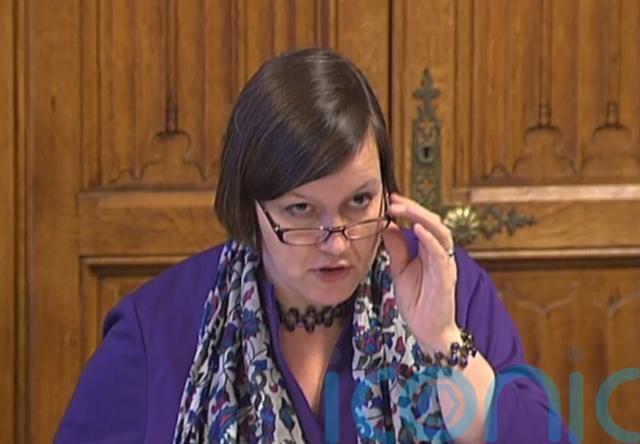
The underfunding of schools could “damage children’s education” according to a new report.
The report from the Public Accounts Committee (PAC), published on Friday, warns that the Department for Education relies too much on national figures for indications of schools’ financial health, and that this masks “significant variation and challenges for individual schools”.
The committee said that the DfE lacked understanding about why there was so much regional variation in school finances, with over 20% of state schools in deficit in 26 local authorities as of March 2020.
Secondary schools were particularly affected by straitened circumstances, the report said.
It added that the DfE’s decision to change how it calculates pupil premium funding allocations means that more deprived schools were “faring worse” than less deprived schools.
Some of the steps schools had taken to manage their finances had led to a narrowing of the curriculum they offered through cutting staff or dropping certain subjects, with hours taught in design technology falling in particular.
Schools had also reduced support for pupils with special educational needs and disabilities (Send) when trying to balance their books, the report found.
It called for the long-awaited Send review to be published, and said it was “concerned about the financial sustainability of the Send system, for example some local authorities are struggling to cover the high costs of places in some private special schools”.

PAC also drew attention to the large reserves that some academy trusts were building up, which it said meant that “a significant amount of funding is not being spent on educating pupils currently in
school”.
Dame Meg Hillier MP, chairwoman of the committee, said: “DfE’s airy assurances about the healthy books of academies in particular mask some cruel divides between the haves and have nots, unacceptable differences in life chances for our children and young people from the get-go, through no fault of their own.
“But we see the department’s apparent disregard for the inequalities exposed and exacerbated in the pandemic in the catch-up provision debacle, and in all the children and their families still struggling, years after the promised review, with the poor provision for special educational needs and disabilities.
“Rather than the department blithely looking for laurels to rest on it must grasp that it’s not OK for any group of our children to be abandoned in the system that it oversees.”
The report makes a series of recommendations for the DfE, including investigating the regional variation in the financial health of state schools, as well as looking into academy trusts with reserves of over 20% of their income to check these reserves are justified.
It added that the Education and Skills Funding Agency (Esfa) should gather evidence of the impact of financial pressures on schools at a local level, including whether this is leading schools to narrow their curriculum or reduce staffing levels.
It further adds that the Government should set out in the Send review the improvements it is aiming to achieve for Send education, including the specific metrics it will use to assess these.
Geoff Barton, general secretary of the Association of School and College Leaders, said: “It is not only the Public Accounts Committee that is frustrated by the Department for Education’s blithe insistence that schools have never had it so good.
“So are school leaders, who have to live with the reality of severely straitened budgets.”
“There are many and complex reasons why there is significant variation in this financial picture and, to the DfE’s credit, it is trying to address this situation through the application of a national funding formula.
“The weakness, however, is that it is trying to improve the settlement for schools which are historically poorly funded while not having enough money in the pot to uplift the budgets for other schools, often in deprived communities, by the same amount.
“This has created a situation of winners and losers, with the losers being schools which serve children who need the most support. This is clearly inequitable.
“No school ever wants to curtail provision but there is a point at which there simply is not enough money in the budget to afford to deliver the full range of support that they want to provide.
“Many school leaders have had to make very difficult choices about where to cut back over the past few years.”
Subscribe or register today to discover more from DonegalLive.ie
Buy the e-paper of the Donegal Democrat, Donegal People's Press, Donegal Post and Inish Times here for instant access to Donegal's premier news titles.
Keep up with the latest news from Donegal with our daily newsletter featuring the most important stories of the day delivered to your inbox every evening at 5pm.